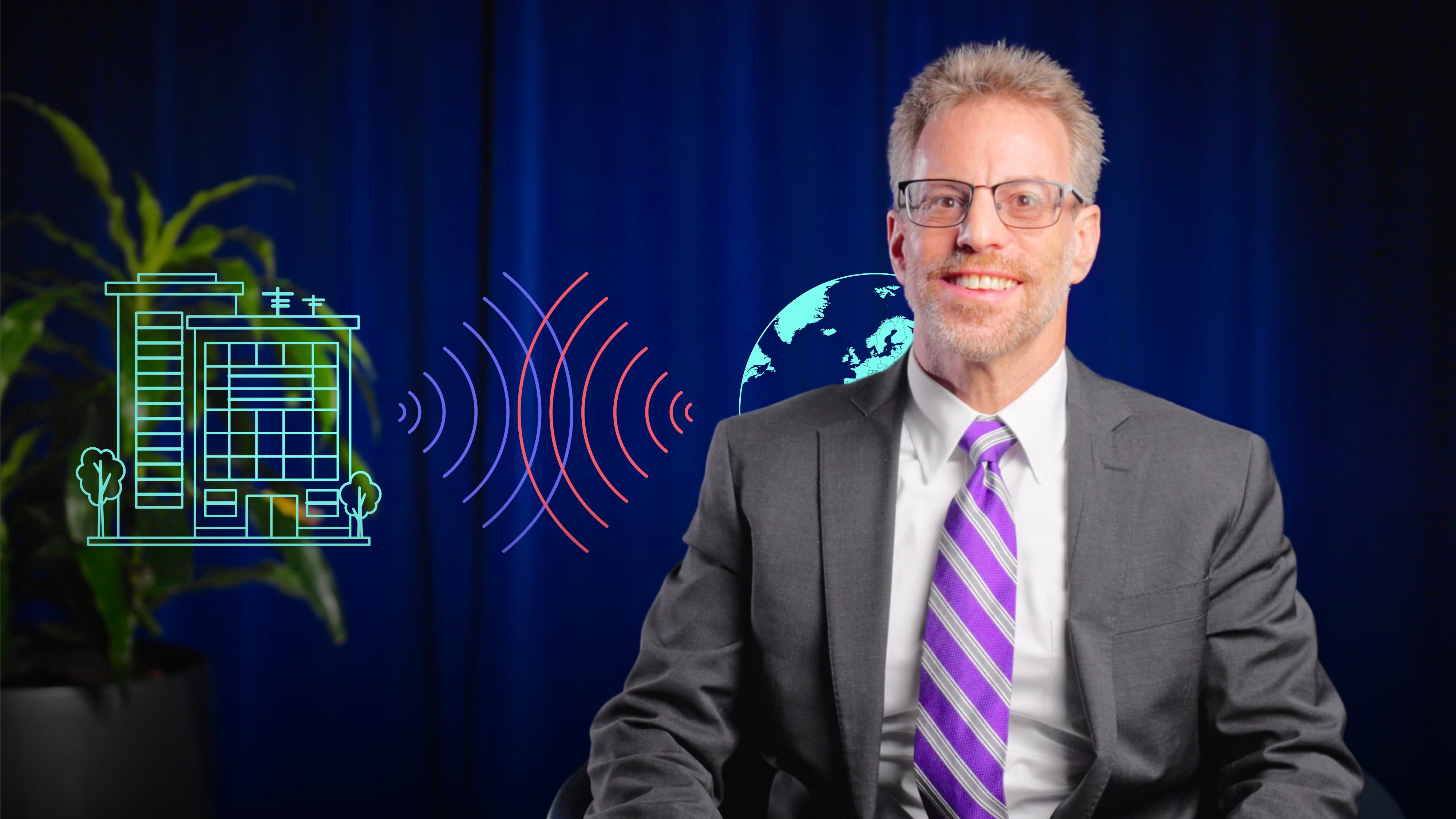
Introduction to Corporate Sustainability in the U.S.

Wayne Mayer
30 years: Sustainability and Corporate Social Responsibility Executive
In this video, Wayne explores the evolution of Corporate Sustainability in the U.S. market, highlighting the shift from Corporate Social Responsibility (CSR) to integrating Environmental, Social, and Governance (ESG) factors into business strategies. He explains how environmental regulations and the 1992 Earth Summit influenced this transformation, leading to the rise of ESG investing and alignment with the UN Sustainable Development Goals (SDGs). Wayne discusses how sustainability now drives innovation, efficiency, and competitive advantage in modern business.
In this video, Wayne explores the evolution of Corporate Sustainability in the U.S. market, highlighting the shift from Corporate Social Responsibility (CSR) to integrating Environmental, Social, and Governance (ESG) factors into business strategies. He explains how environmental regulations and the 1992 Earth Summit influenced this transformation, leading to the rise of ESG investing and alignment with the UN Sustainable Development Goals (SDGs). Wayne discusses how sustainability now drives innovation, efficiency, and competitive advantage in modern business.
Subscribe to watch
Access this and all of the content on our platform by signing up for a 7-day free trial.

Introduction to Corporate Sustainability in the U.S.
11 mins 6 secs
Key learning objectives:
Understand how Environmental Regulation and Sustainable Development led to Corporate Sustainability and the integration of ESG factors into business practices
Outline the shift from Corporate Social Responsibility and Corporate Philanthropy to Sustainability
Describe the emergence of ESG investing and the use of ESG metrics in business decision-making
Overview:
The evolution of Corporate Sustainability in the U.S. markets reflects a shift from Corporate Social Responsibility (CSR) and philanthropy to integrating Environmental, Social, and Governance (ESG) factors into business strategies. This transformation was driven by emerging environmental legislation in the 1970s and 1980s, which highlighted the need for balancing economic growth with social and environmental responsibilities. By the 1990s, companies began challenging the Milton Friedman doctrine of profit maximization, adopting CSR practices. The 1992 Earth Summit further promoted Sustainable Development, leading to the rise of ESG investing and the alignment of corporate objectives with the UN Sustainable Development Goals (SDGs). Today, Sustainability and ESG are integral to business strategy, driving innovation, efficiency, and competitive advantage.
Subscribe to watch
Access this and all of the content on our platform by signing up for a 7-day free trial.
Subscribe to watch
Access this and all of the content on our platform by signing up for a 7-day free trial.

Wayne Mayer
There are no available Videos from "Wayne Mayer"






















